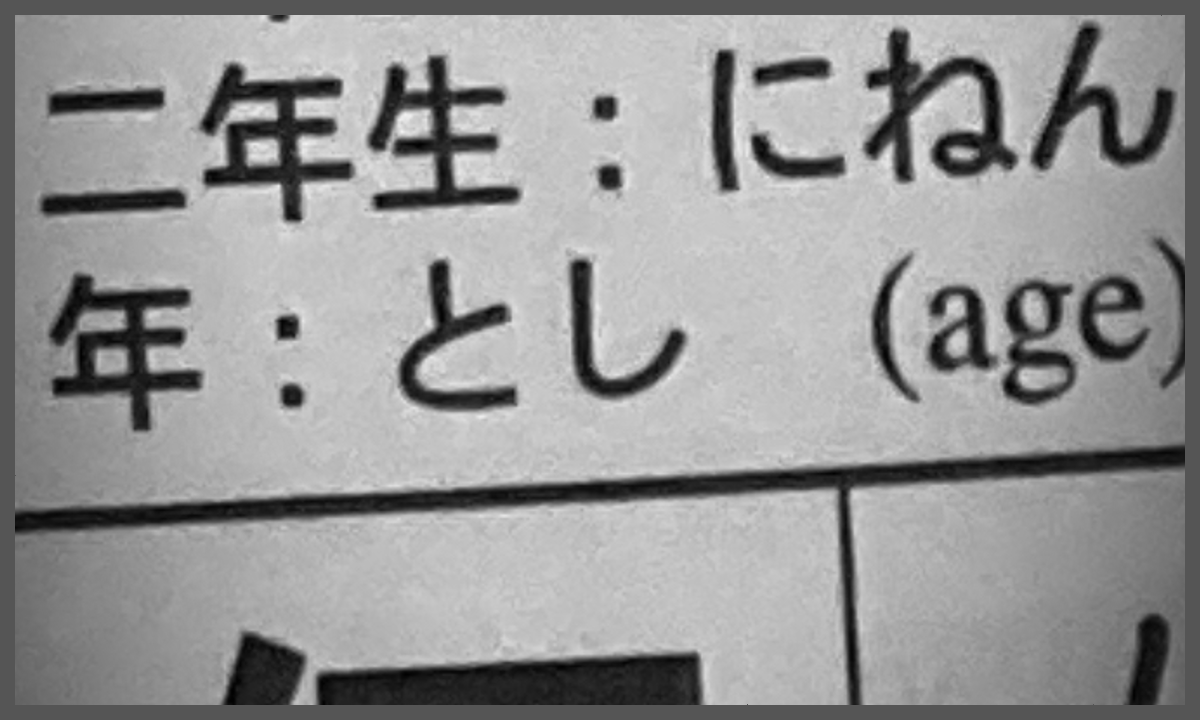Aging:
With all that we know about the body presently and all of the medical science that we have now, I do not believe it is even a stretch to say that the first person to live to 150 is alive today. Be it, with current technology, they likely will be connected to a dozen machines and be senile, but they will be “alive.” The greatest complexity with aging that I perceive, from my knowledge and point of view, is that aging is not one symptom but the interaction between all the trillions of cells within the body. Unless we can simultaneously communicate with every cell, I do not think one remedy will cure aging. From my understanding, it is most likely that we will have to overcome multiple layers of system failures. We might be able to preserve the heart for 300 years, but if the mind goes at 120 years, that becomes the bottleneck. We will constantly be combating the weakest link until we can perpetuate every system in the body. Along the way, hundreds of unknowns will appear. My greatest concern has to do with the longevity of the mind and central nervous system.
I believe the first person to live to 200 will be born in the 21st century, if they are not already alive. I find it philosophically interesting to think about extending life expectancy: What does an increased life span do to the value of life? Will it ever be enough? Might it one day be too much?
I think that we are far enough in our science to know that it is not a question of if but when. I apologize that I am not citing a source today; this is my intuition. If we, as a species, can work together and survive the next millennia, we might one day dominate the universe. It might take another 1000 years to end aging, but if we can hold out till then, I believe that an unimaginable world exists for its inhabitants. The generation that discovers the technology that unlocks immortality will be presented with societal issues that present new existential risks. What wouldn’t many do to live forever? Maybe it is better if we slow down, but this is an unreasonable request.
Unless the progress towards discovery is gradual, which it is unlikely to be, wars will be fought over health technology, and there will be an even greater disparity between the poor and elite—an extreme social complex with nearly infinite unknown order effects.
In relation to improving life span, as AI and gene editing technologies improve, we are in for a new world of complex ethical questions. If we could only learn to be more proactive instead of reactive, we might all benefit, but I fear that this skill is not innately wired into our survival. Humans have lived for thousands of years by thinking small. Within two generations, we have expanded from local to universal—biology cannot be expected to maintain pace. It appears that our world is in a constant battle with the past, so we never properly prepare for the future. If we are too fragile and stubborn to see the real dangers that lie just out of view, the technological advancements of the 21st century will likely end us. I will not be cynical, however, because I know that unimaginable solutions will also be presented. I am concerned because the future holds problems that are magnitudes greater than any prior human history, on a global scale. I am baffled that we live in a world where some are also striving for interplanetary colonization, immortality, and advanced AI, and others are still unwillingly living without electricity or clean water. Might we be getting ahead of ourselves, or must these disparities coexist?
I want to pose some ethical questions:
What do you do when cybernetic implantations give those who have them an advantage?
How do you rate the value of life when humans can theoretically live forever?
Who do we give power to in the event of an apocalypse?
Are we willing to sacrifice freedoms for longevity?
If you could live forever but none of your current friends or family could, would you?
What would you give or take from yourself or another for the chance at living eternally?
This video was recommended to me after I began the post this week, but it is directly related to the conversation here today if you want more: https://www.youtube.com/watch?v=OqlPU1CKEpI
I do not know if this informal conversation is in any way beneficial, but I find it interesting to speculate. I can guarantee you that I will one day take one of these topics and dive deep into the hard science to not only bring up the ideas but to come to something new!
Additionally,
“Good decisions are not always rational. Sometimes you have to choose between being happy and being right” (Housel). This idea goes back to my conflict between going to the gym for the benefits and for pleasure in my last post. I really enjoyed how Housel organized this thought. Additionally, although I have heard versions of it previously, the prior thought about setting expectations was very meaningful to me.
Taking ideas from “The Psychology of Money” by Morgan Housel and “Hustle Harder, Hustle Smarter” by Curtis Jackson, it appears that “freedom” is the objective. In both audio books, the writers stress that they work for “freedom.”
What I have learned from my own experience is that the goal of success should be to consistently maintain the bar as high above 1.0 as possible. It is the system of growth from learning, self-critique, pushing through doubt, and maintaining sights on a goal that are required to “hustle,” as it is put in “Hustle Harder, Hustle Smarter.” I believe that most people just hover around 1, becoming complacent and dipping down in comfortable times and rising higher in desperate times. Consistently maintaining this level and improving along the way is the path to success in almost any domain. While I have yet to prove “success,” it all seems so clear.
Though life cannot be represented by a simple math equation, if we can find a way to give 10% more than 1, in 10 years we will be more than 2.5 times our baseline. As a simplified example, if you currently work 40 hours a week (I recognize that few people actually work only 40 hours a week), 10% is just under 35 minutes a day. What I am getting at is that half an hour a day more can result in a compounding effect of two times returns over 10 years… if we stay consistent. This math is used in books like “Atomic Habits” by James Clear, and honestly, I do not believe equations represent the real world well, but the idea of exponential growth is real—if nothing else, I have experienced it work with money and skill acquisition.
Whoever decided to release the cyber truck is a genius. I just saw my second one “in the wild”‘ today, and well… I am talking about it now. It is so absurd. If Tesla releases a second edition that is even more absurd, I think it would be a flop, but the first serves its purpose alone as an attention grabber. It is also reframing public perception so perfectly, in line with what I gather is one of Tesla’s missions—bring us into the future. “Estrangement,” is a term I learned this year in my science fiction English class, catches our attention because it breaks our expectations. It is attention-grabbing… maybe not for all of the right reasons—but effective nonetheless. Now, if Tesla releases a 2.0 that is anything less, it will already be normalized. A vehicle that might have been absurd on its own will now be ordinary when put into the same world as the cyber truck. I am assuming that this is the intention, or poor design turned good; it is a genius marketing strategy, and it aligns with the innovative extremeness that I perceive from Tesla.
What are the simple freedoms that we take for granted in the United States that, if we took a second to appreciate, we might be happier?
I am going to make a quick list:
- Listening to your favorite music when working—at a good volume (it doesn’t have to be a whisper)
- Ability to do routine tasks outside of our “work space”—we can check emails anywhere.
- Freedom to learn about any subject and the social encouragement to become educated
- Ability to order or make any cuisine with relative ease—diverse food options.
I will have to add more to this list as I recognize more. Please share any that you think of.
This list reminds me of a list in Modern Wisdom episode #762. It is unrelated, but it is about 1:05:00 if you are interested.
That is all that I have for this week. I have plans to talk about my recent experience and observations with chewing more in next week’s post.
This has been Tristan; it always will be Tristan! Thank you all. Bye!


